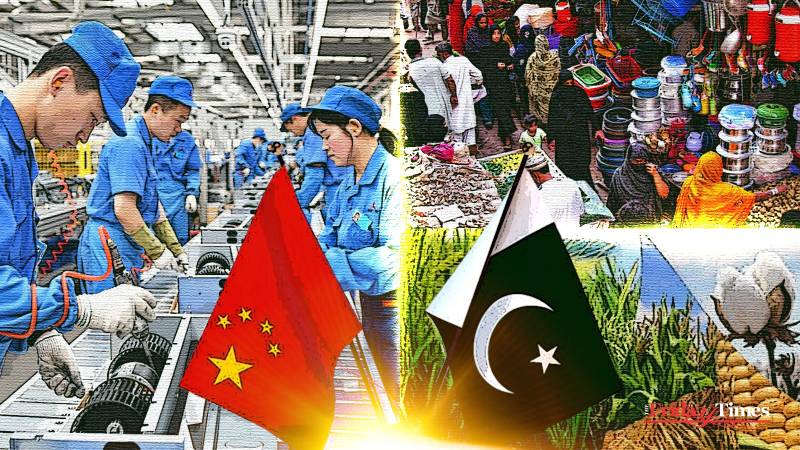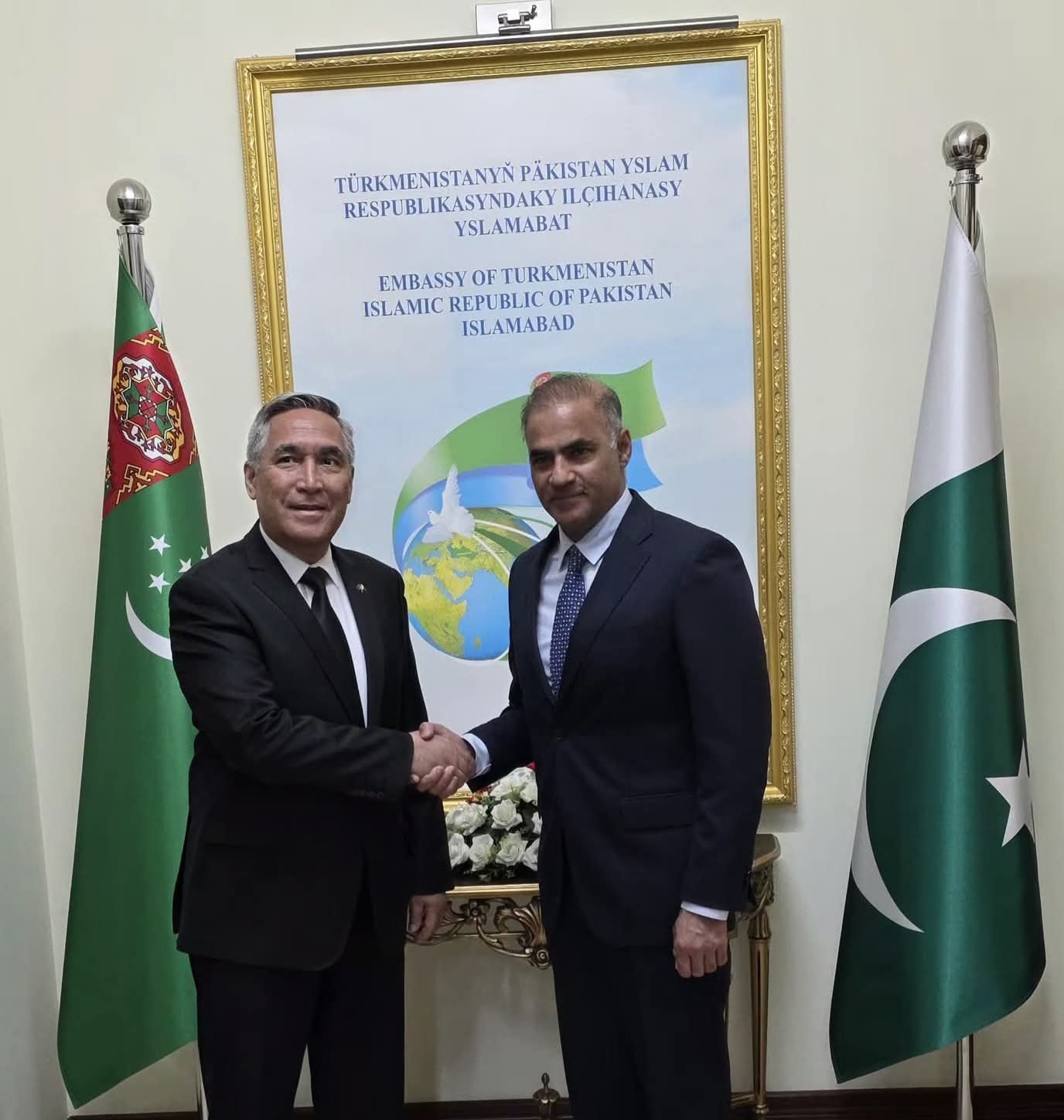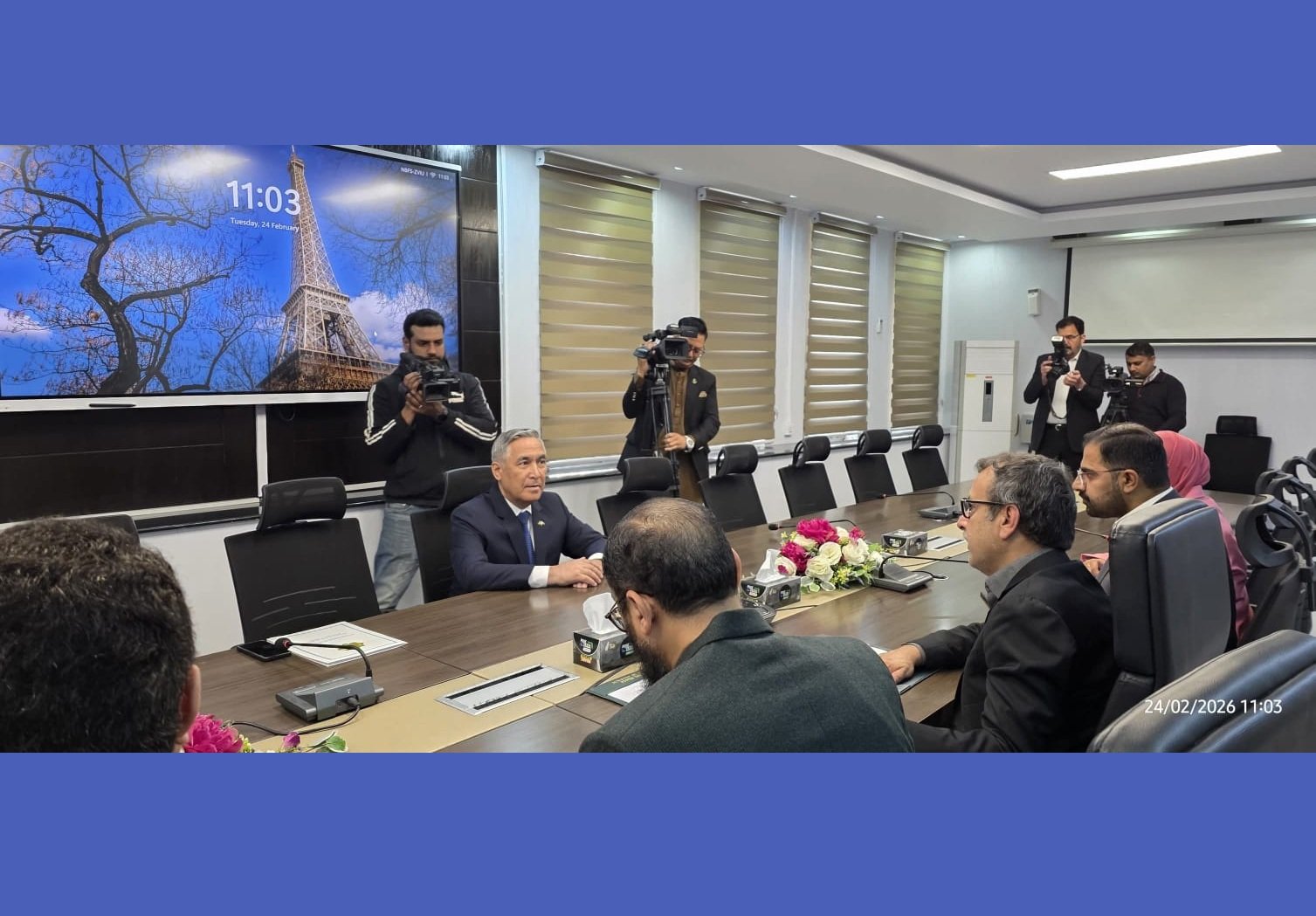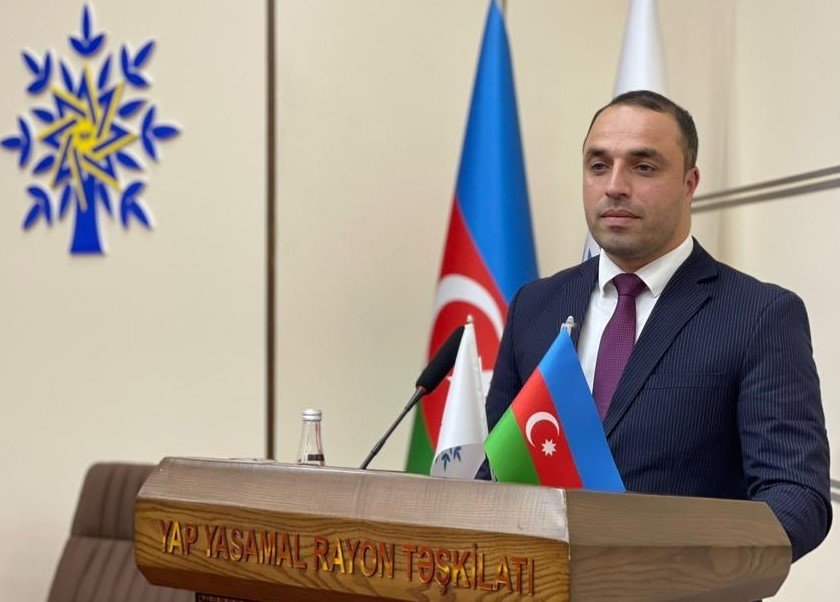Pakistan and China stand as strategic partners with cooperation and collaboration diplomatic and economic as well as China is among the largest investors, developers, and supporters of Pakistan’s economy. In recent years China has also contributed to technology development in Pakistan and modern technologies have also taken a significant part in developing the economy of this country. The key component of Sino-Pakistan economic relations is the China-Pakistan Economic Corridor (CPEC) signed for tens of billions of dollars to integrate China’s Xinjiang province with Pakistan’s Gwadar seaport in the Arabian Sea. Through CPEC, China is financing the enhancement and growth of mega routes and transport, energy projects, and special economic zones in Pakistan. The laymen, therefore, see these investments in physical connectivity and power supply as crucial enablers of the realized potential of the Pakistani economy.
The new phase of CPEC most is that the prime focus is also on knowledge and technology transfer from China to Pakistan. China has supported the re-equipment of Pakistan with more productive telecommunications networks that are 5G high speed. They’ve also offered smart city solutions in Pakistan, including electronic payment mechanisms and artificial intelligence-based surveillance and security cameras in major cities of the country including Islamabad, Lahore, and Karachi. China is also helping Pakistan in areas such as agricultural drone technology, plantation mapping systems, and, digital financial services to enhance productivity in Pakistan’s lead sectors.
Chinese officials have recently gone ahead to make Beijing’s generous proposal to impart Pakistani youth with industry skills in emerging industries such as semiconductor design, new energy vehicles, and the like, which signify high-tech industries with sustainable economic growth potential both for China and the world in the future. In extending such innovative technologies and constructing superior skills, China is enabling Pakistan to climb vertically the industrial value chain and towards more sustainable knowledge-based development. The figure most emblematic of China’s technology transfer success may have been the growth of startups and VCs in Pakistan. Pakistan did not have a startup scene at all until the recent past and thanks to Chinese e-commerce companies and internet payment companies getting into the Pakistan market, and internet infrastructure, the country has produced four unicorns and has risen just over $300 million in early-stage funding by 2022.
The Pakistan universities are also establishing innovation and entrepreneurial hubs in Chinese partnerships that work as technology incubation and hubs for scaling up the Pakistan invention. Based on the existing developed trends in the VC industry in Pakistan following the Chinese example and technology acquisition the country may have over 100 most active start-ups each worth over $100m of investments in the next 5-10 years. This would revolutionize the structure of the Pakistan economy. Thus, the current continued Chinese investment in American standards of PT&C and energy sectors under CPEC provides significant infrastructural underpinnings, as do Chinese tech enterprises and R&D centers in uplifting Pakistan’s technology throughout the agricultural, manufacturing, city, banks, retail, and youth innovative realms downgraded here. This twin-tined approach of physical connection and digital empowering through Chinese innovation gives Pakistan perhaps the quickest way to leverage the demographic as well as geographical strength into real economic recovery and development for its people. The developments Chinese technologies and IT concepts have shown in Pakistan but if these can work in the country it should be an example and preview of how economies of other developing countries can jump to connectivity technologies solutions.
CONCLUSION
The China-Pakistan Economic Corridor (CPEC) offers a historic chance for the rehabilitation of Pakistan and an overall usage of the cooperation mechanisms and opportunities for the development of both infrastructure and energetic sectors with the help of Chinese investment and experience. This can upgrade the transport infrastructure in Pakistan, eliminate vital energy deficits, and create the basis for economic progress. The Chinese experience can also help Pakistan a lot to develop digital technologies and e-commerce platforms. Because Pakistan has a young and technology-oriented population that is eager to gain economic development, it is set for a breakthrough.
Chinese companies such as Alibaba and Tencent should help spur e-commerce next, mobile payment to enhance financial inclusion, and e-commerce adoption by key industries such as agriculture and small businesses. It will increase productivity, operations efficiency productivity, and access to finance. In textiles, agribusiness, and light engineering, joint ventures can exploit the relatively cheap labor in Pakistan with Chinese skills. This can open up favorable opportunities that can enhance the exports of Pakistan and also can upgrade the status of Pakistan in global value addition.
However, if these establishments are made to operate under correct environmental and labor policies, these industries offer employment to the masses of the youths in Pakistan. In other words, Beijing tied with economic cooperation between China and Pakistan based on innovation and tech-based formula will enable Pakistan to adjust its course toward a more sustainable and transformative economy. With positive changes in domestic policies, upgraded institutional thickness, and prioritization of human capital, Pakistan can realize its potential to build the knowledge economy of the future through this cooperation. So, both sides of the cooperation pay attention to the bigger picture, what is achieved in this cooperation is going to improve the people of Pakistan’s income levels, provide better employment opportunities, and advancement of the nation at large.

Mr. Obaid Ayub is Director, House of Elaan & Member Board of Experts, PRCCSF.
Director, House of Elaan & Member Board of Experts, PRCCSF.













